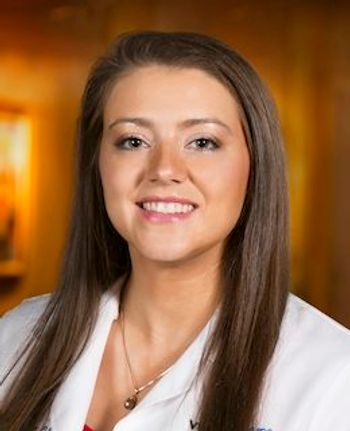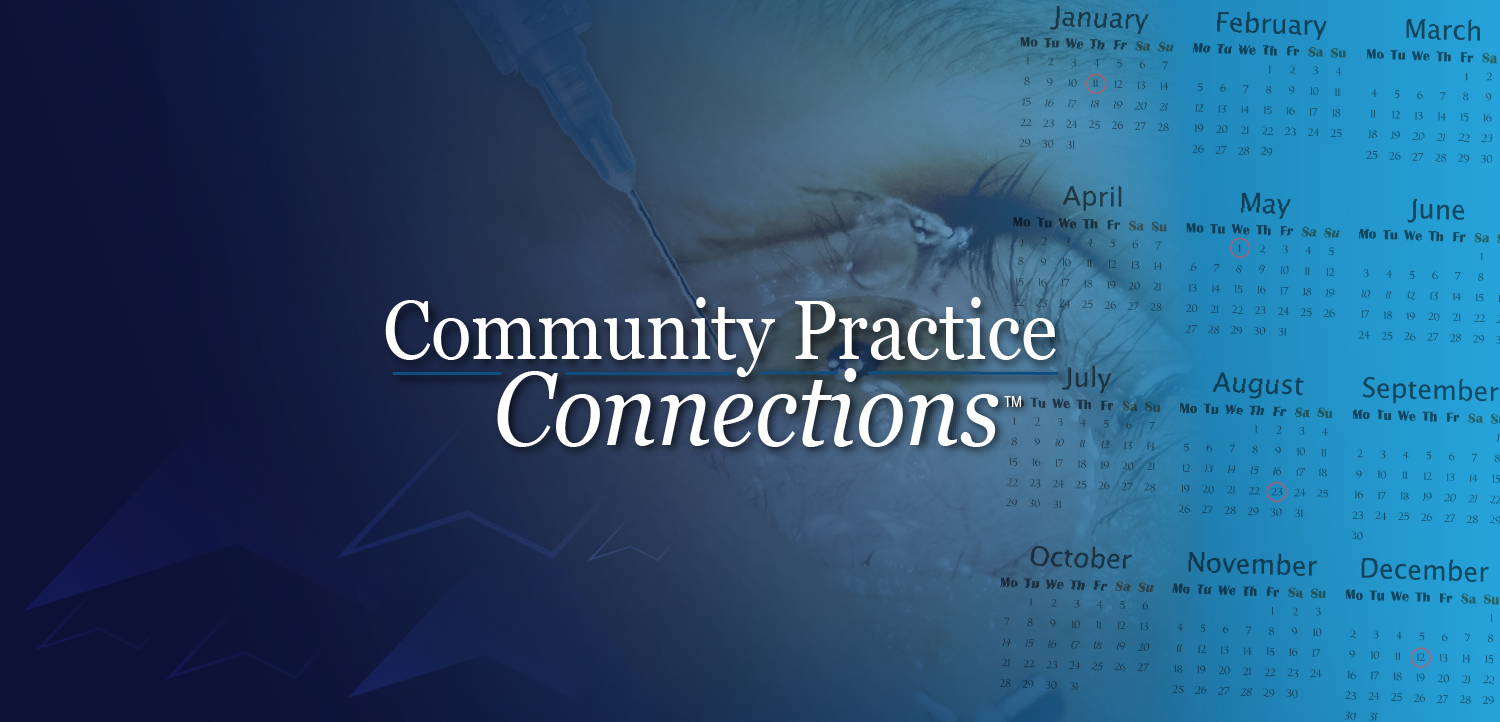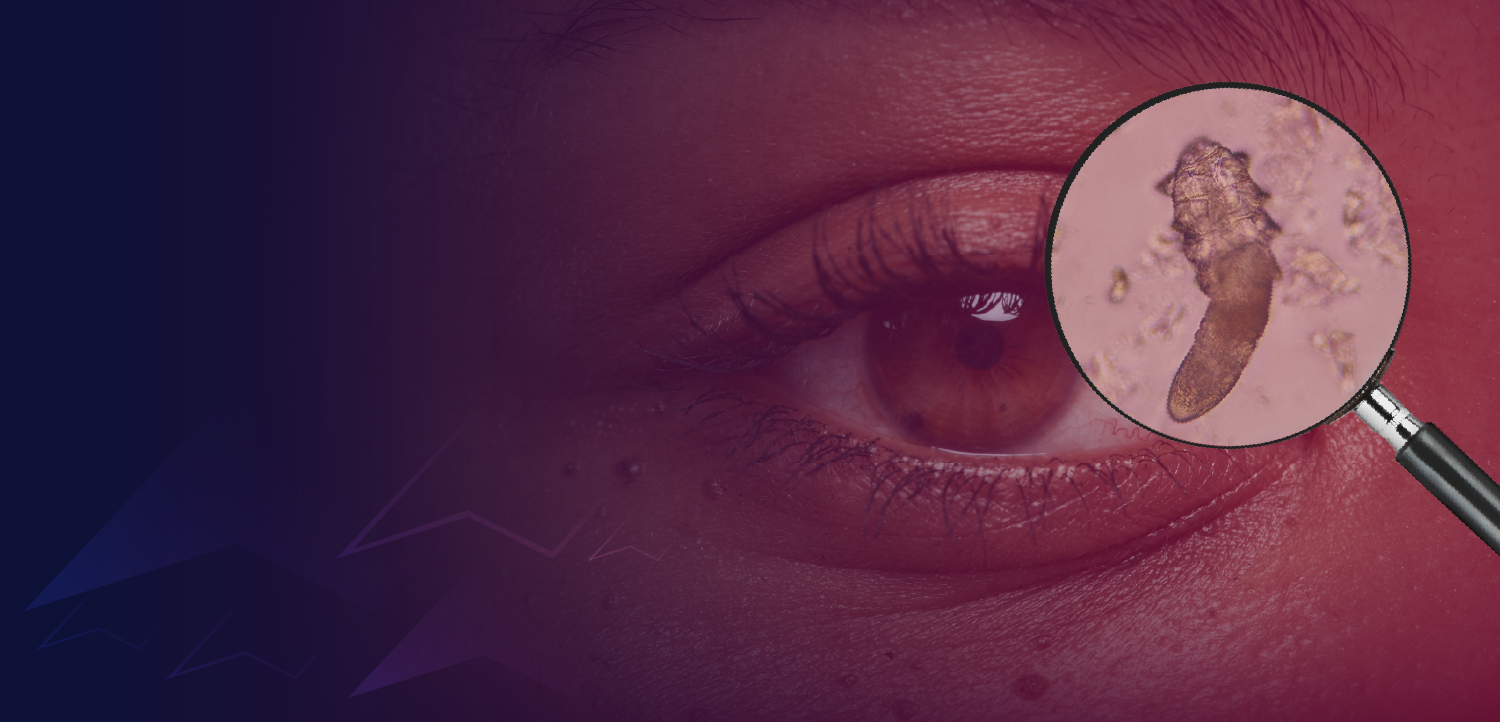
iPhone app for vision tests wins FDA approval
Richardson, TX-The FDA has approved use of the MyVisionTrack iPhone app from Vital Art and Science Inc. (VAS) to enable patients with retinal disease to monitor his or her vision between visits to the doctor. MyVisionTrack was developed for elderly patients with serious retinal diseases, such as age-related macular degeneration and diabetic retinopathy.
Mike Bartlett, president of VAS, said the app incorporates a proprietary shape discrimination hyperacuity test. The test consists of three circles, one of which is distorted. The app instructs patients to touch the circle that is different. "As they get it right, the distortion gets smaller; when they miss, the distortion gets bigger," Bartlett said. The test moves to the user's threshold until the distorted circle is no longer visible.
An algorithm determines a patient's vision threshold using statistics generated by the app. The app can store test results and monitor disease progression using the Apple device. In addition, MyVisionTrack automatically notifies a doctor if a patient's vision deteriorates significantly.
The approval consists of Class II prescription-only 510 (K) clearance for use on an iPhone 4S by prescription only. The app is unaffected by factors such as user distance.
For more information, go to http://myvisiontrack.com.
Newsletter
Want more insights like this? Subscribe to Optometry Times and get clinical pearls and practice tips delivered straight to your inbox.



















































.png)


